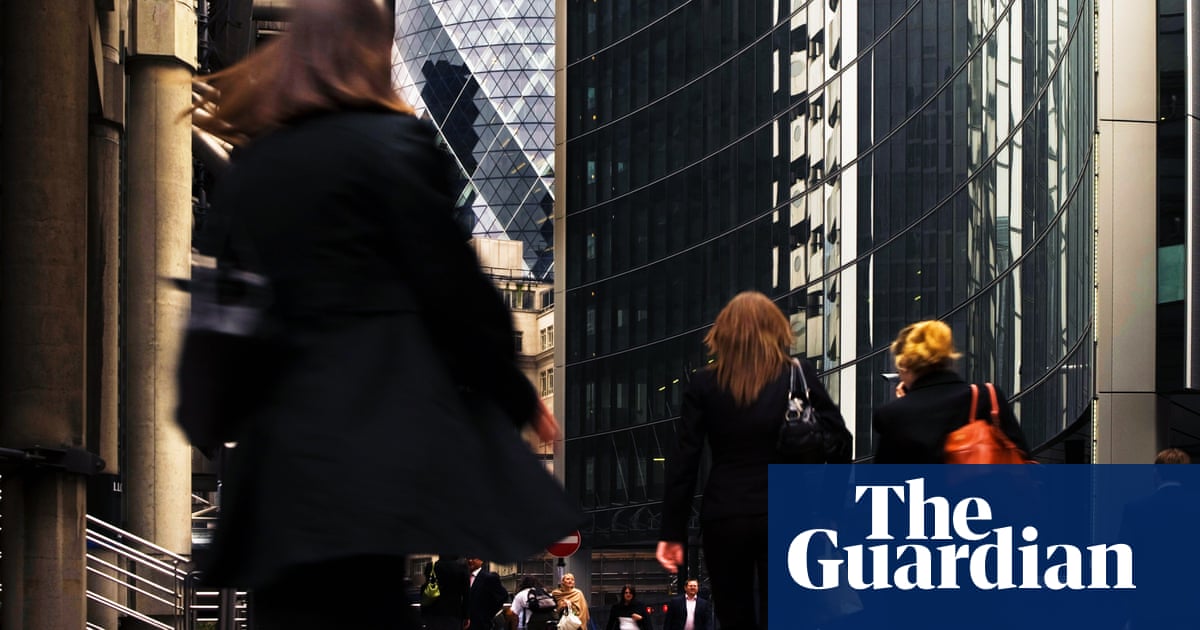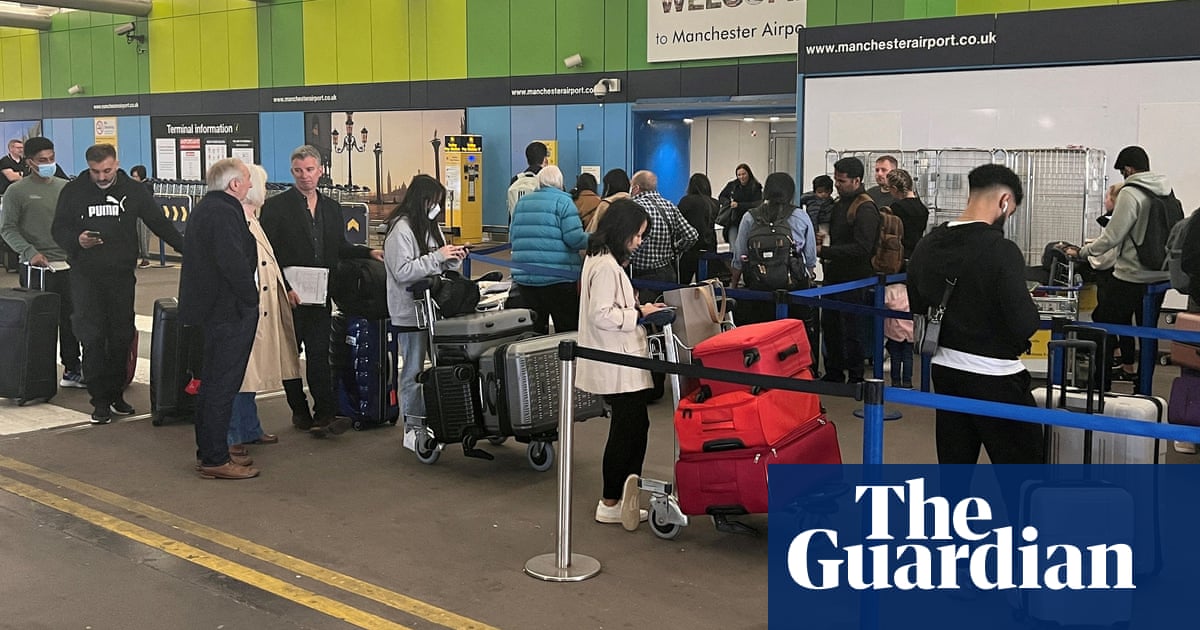
Border Force officials have been set a target of checking less than a third of arrivals to the UK to ensure they have forms to aid test-and-trace efforts, sources have told the Guardian.
It raises the prospect that hundreds of thousands of people have entered the country without the documents being inspected. Dozens of travellers have contacted the Guardian to raise concerns over a lack of checks.
Arrivals in the UK from abroad must submit a passenger locator form online beforehand, to be shown at the border either in printed form or on a mobile device. Failure to provide details risks a fine of up to £100.
Border Force officers “will use the QR code at the top of the document to check you have completed the form successfully”, the government says. Information including the passenger’s UK address and travel details is used to check that individuals are self-isolating if necessary or to warn them if they have come into contact with travellers with Covid-19.
Border Force aims to spot-check 30% of arrivals for passenger locator forms, according to a target understood to be contained in a weekly update circulated in Whitehall. It states that between 17 and 23 August, 10% of those spot-checked by Border Force had not filled out the forms.
Home Office figures published this week show 1.3 million passengers arrived in the UK by air in July.
It is understood that the checks need to be made manually by Border Force officials, with no automated system of logging passenger locator form details when passports are scanned.
The shadow home secretary, Nick Thomas-Symonds, said: “Passenger locator forms are a crucial part of a functioning test, track and isolate system. These are deeply worrying findings, amounting to yet another example of failing to implement effective protective measures at UK borders. This issue needs to be addressed urgently for the sake of public health and to reassure travellers.”
More than half of the 136 people who responded to a Guardian callout about arrivals to the UK said their passenger locator forms had not been checked. Peter de Groot, 72, who flew into London’s Heathrow airport from Kenya this month, described the monitoring in the airport as “a scandal”.
“When I got there they seemed really disinterested. There was far more security getting into a Kenyan supermarket,” he said. “Nobody checked I filled in the form; I felt it was quite disgraceful. There was a digital thermometer sat on a desk, but no one there to man it. It seemed like the government were expecting the airlines to do their work for them. It’s pathetic.”
Colin Beesely, a secondary school assistant principal who lives in Stratford-upon-Avon, said he was shocked at the difference in measures when he arrived at Stansted from Spain in the first week of August.
“When we arrived in Spain, our QR code was scanned by two police officers and we were led into a foyer where our temperature was taken. Only then were we permitted to leave the terminal,” Beesely, 60, said. “When we got to Stansted, there was nothing, we just walked out. We were really angry because you’re either doing this seriously or not. The absolute lack of people to check documentation upon our arrival speaks volumes.”
Many reported failings onboard ferries and trains. A 45-year-old man from Essex said he had not been aware that he had to complete a form until he boarded his ferry home from a holiday in France, but he was not stopped or asked for further details.
Only three fixed-penalty notices were handed out by police to people who failed to self-isolate after arriving in England and Wales between 15 June and 17 August, according to figures published by the National Police Chiefs’ Council on Thursday.
Lucy Moreton of the ISU union, which represents Border Force staff, confirmed she was aware of the 30% target for checks. “The primary problem with performing those checks is the length of time that it takes to do it,” she said. “They have the time if that is what government directs, but the impact of that would be significant queuing. If we were to check 100% we’d have to turn the e-gates off, and at the moment over half our traffic goes through e-gates, and of course e-gates can’t check a health locator form.”
A spokesman for the Public and Commercial Services Union said: “The current quarantine measures put a burden on staff to such a degree that only 30% of passengers can be checked. Due to financial cuts and agreed queuing targets in conjunction with social distancing measures, it is logistically impossible for 100% of passengers to be checked on arriving at airports.”
A Home Office spokesperson said: “Passengers do not to need to hand a passenger locator form to a Border Force officer on arrival, the form is completed and submitted online.
“Border Force continues to operate a spot-check regime so passengers may be asked to show proof they have completed the form to an officer. We are seeing a high level of compliance and we expect this to continue as everyone plays their part to help stop the spread of this disease.”












